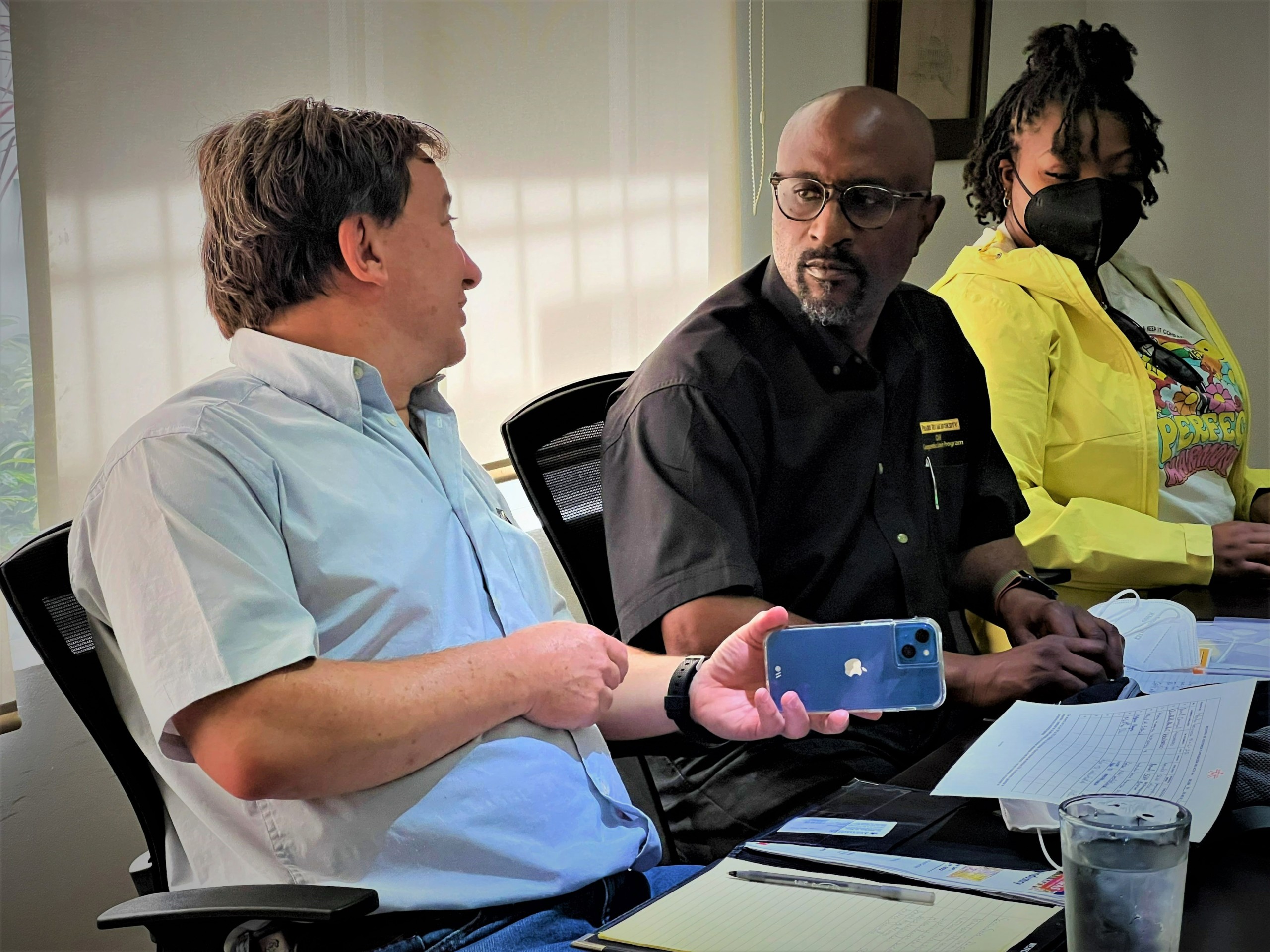Noel M. Estwick, Ph.D., Assistant Professor and Research Scientist in Prairie View A&M University’s College of Agriculture and Human Sciences, and Andrea McDonald, Ph.D., Assistant Professor in the Department of Health and Kinesiology, College of Education, were funded to participate in an 1890 Global Food and Nutritional Security Initiative. The project aims to increase the use of black-eyed peas (Vigna unguiculata or cowpea) in the Americas. Black-eyed pea is a crop of the African diaspora that slave ship operators brought from Africa to the Caribbean and the Americas. The research team believes that black-eyed peas can play a significant role in the reduction of food insecurity in the region. They are drought and heat-tolerant pulse legumes that are high in protein and fiber and rich in minerals and vitamins.
Global research provides numerous benefits to current and future students, faculty, and collaborating academic institutions. It promotes opportunities for student engagement in transboundary research and fosters multidisciplinary and multi-institutional research and extension initiatives. Also, such innovations enhance the development of other educational practices, such as studying abroad, while promoting positive outcomes for academic institutions. The research team is conducting the project in two phases. During the week of June 7, 2022, and June 14, 2022, Dr. Estwick visited Buga, Colombia, to participate in Phase I of the research and extension project. This phase focuses on “Geographic Information Systems and Survey Applications for Studying Cowpea Nutritional Value.” The project’s primary aim is to exchange technology and discoveries in a two-way direction between the USA and Latin America.
As part of a two-day workshop, Dr. Estwick and Dr. Reginald Archer of Tennessee State University conducted sessions on “Geographic Information Systems and Survey Applications for Studying Cowpea Nutritional Value.” Activities included field data collection and mapping using GPS units and Esri products. The workshop attracted thirty-five in-person and virtual participants from across Colombia and the states of Arkansas and Delaware in the USA. Ing. Mauricio Ludwig Rojas, Agriculture Mechanization Program In-Chief, and Ing. Hector Fabio Espinoza, Professional Support to Agricultural Sector of Professional Training Department, of AgroSENA: Servicio Nacional de Aprendizaje, Buga, Colombia, hosted the 1890 team. AgroSENA is a national learning institution with over 200,000 students. The workshop included presentations from Principal Investigator Dr. Matthew Blair of Tennessee State University, Maia Payne – a Tennessee State University graduate student, and faculty, researchers, and staff from AgroSENA.
In the planned Phase II of the project, Co-PI McDonald will engage agricultural producers and residents in the project component that focuses on food preparation and health literacy and evaluate the nutritional quality of black-eyed peas.
The current project, funded by the 1890 Center of Excellence for International Engagement and Development (CEIED), is a collaboration among the following institutions, Tennessee State University, Prairie View A&M University, and the University of Arkansas Pine Bluff, USA, AgroSENA: Servicio Nacional de Aprendizaje, Buga, Colombia, Universidad Nacional de Colombia, and the Foundation for Agricultural Research and Development, Colombia. The CEIED was funded by USDA-NIFA and hosted at the University of Maryland Eastern Shore (UMES). Currently, CEIED’s activities are conducted by the 1890 Universities Center of Excellence for Global Food Security and Defense (CEGFSD). The CEGFSD is one of six centers of excellence at 1890 Universities identified in the U.S. Agriculture Improvement Act of 2018.
Noel M. Estwick, Ph.D.
Assistant Professor and Research Scientist
nmestwick@pvamu.edu
(936) 261-2526

